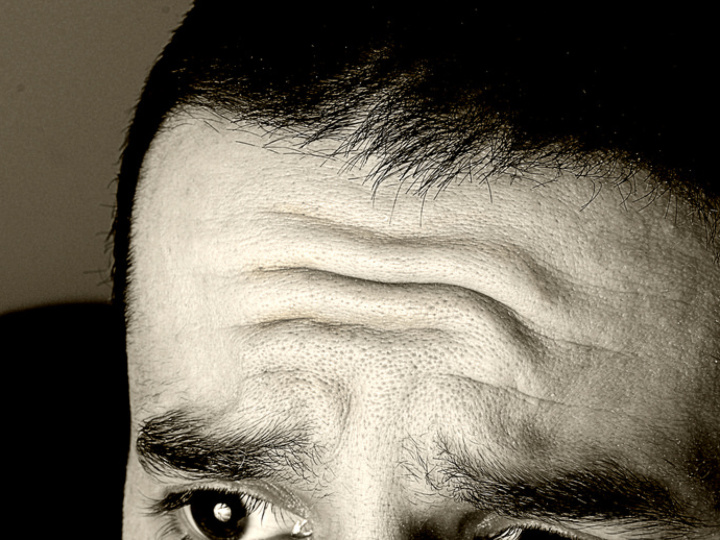The idea that people come in types—like flavors of ice cream—has a long history, dating back to the ancient Greeks. We talk about introverts and extroverts, narcissists and type A personality. But the closest that these ideas come to the truth is the identification of very broad traits—like conscientiousness—that we all share to a greater or lesser extent.
We don’t fall into categories at all and our personalities are far from fixed. The best research we have tells us that we’re all full of inconsistencies, and our characteristic personalities change a lot over our lives as we learn and adapt to the events and relationships we encounter.
Neurosis (or neurotic) is another one of those technical words from psychiatry which, over time, has seen its meaning change, been incorporated into everyday language, and has then been used as a insult.
Originally, the “neuroses” were mental health problems characterized by distressing emotions, such as anxiety and depression, and distinguished from the “psychoses,” characterized by experiences such as hearing voices or holding unusual beliefs. Over time, that meaning extended to refer to a personality trait of “neuroticism,” characterized by anxiety, moodiness, worry, envy and jealousy.
But, as we’ve established, it’s scientifically inappropriate, and insulting, to refer to someone as “neurotic,” when the science of personality traits simply doesn’t support such a description. Some of us are more prone to anxiety and depression, and that’s probably both an accurate and a respectful way to phrase it.

